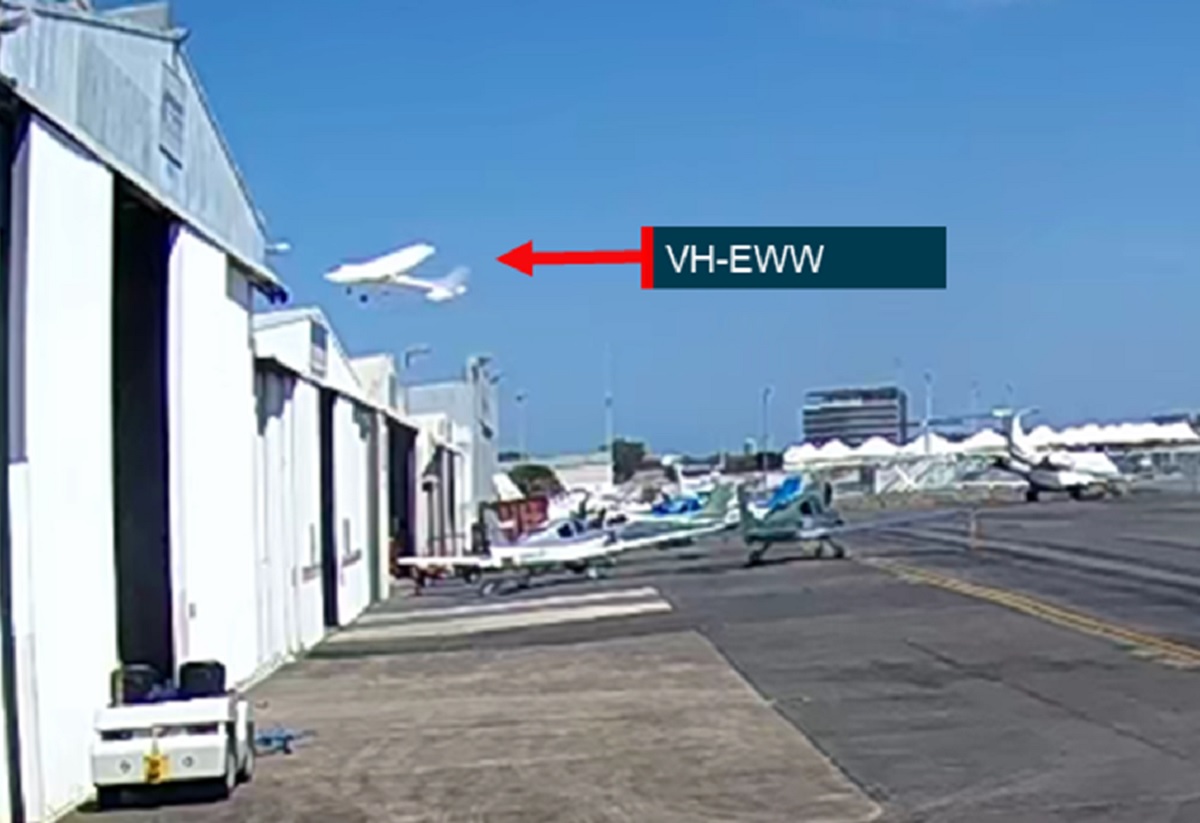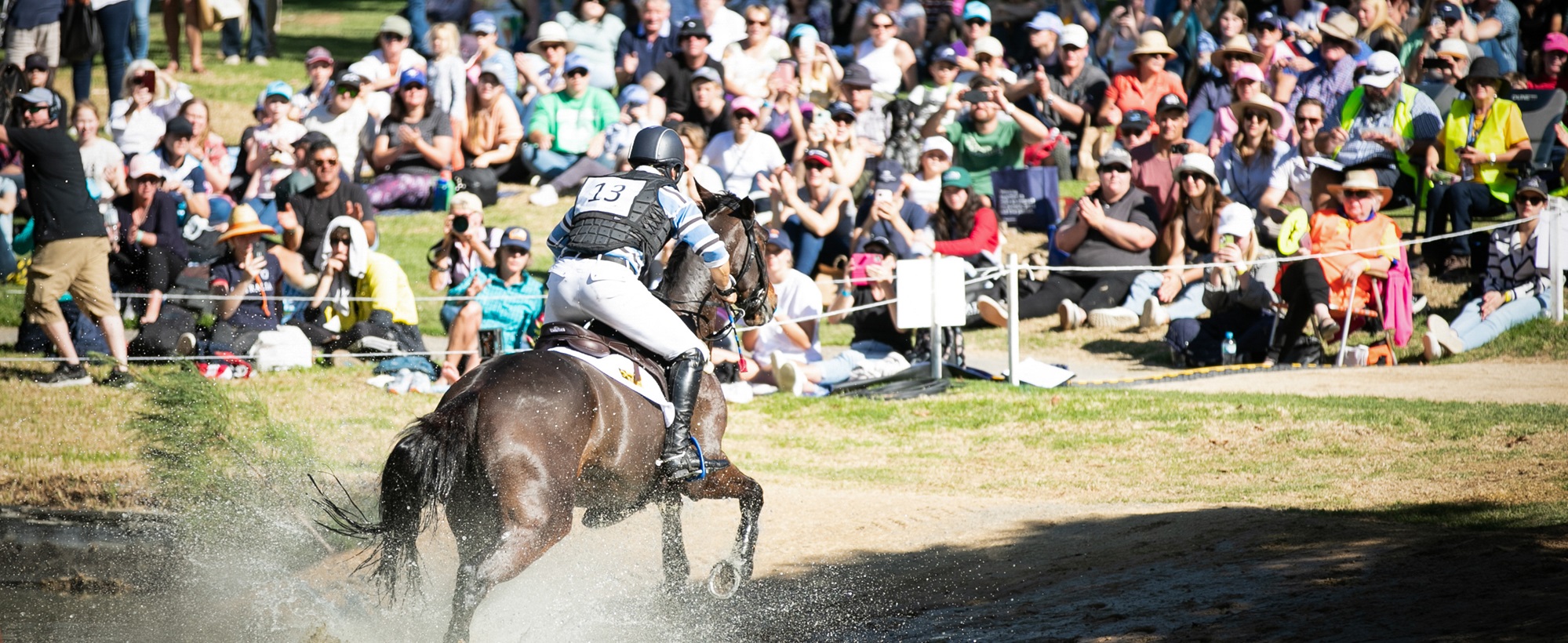Twelve University of Canterbury-led research projects have been green-lit by the 2019 Marsden Fund Te Pūtea Rangahau to the total of $6.54 million in diverse fields of research. The research covers four of UC’s five colleges, and includes research in engineering, management, computer science and software engineering, linguistics, political science and te reo as well as physical, chemical and biological sciences.

‘It looks grim: The future of Māori academics in New Zealand universities’ is the title of the research project led by Dr Tyron Love, Management, Marketing and Entrepreneurship, UC Business & Law.
Twelve University of Canterbury-led research projects have been green-lit by the 2019 Marsden Fund Te Pūtea Rangahau to the total of $6.54 million in diverse fields of research. The research covers four of UC’s five colleges, and includes research in engineering, management, computer science and software engineering, linguistics, political science and te reo as well as physical, chemical and biological sciences.
UC Deputy Vice-Chancellor Professor Ian Wright says the latest Marsden Fund grants – which includes six Fast-start grants of $300,000 each and six standard grants of between $530,000 and $960,000 over three years -recognise UC as a world-class research-led teaching and learning university.
“UC is a place where world-class research happens, as these 12 grants attest. The benefit for UC students is that they are taught by academics who are world leaders in their fields. I am, as ever, impressed by the high calibre of our innovative UC researchers who work at the cutting edge of New Zealand and international research.”
The UC Marsden-funded research announced today includes:
- It looks grim: The future of Māori academics in New Zealand universities ($300,000) Dr Tyron Love, Management, Marketing and Entrepreneurship, UC Business & Law, [email protected]
- Exposing the intricate interactions of membrane-bound bacterial machinery ($300,000) Dr Tim Allison, Physical & Chemical Sciences, UC Science, [email protected]
- Could airborne microplastics play a role in climate change? ($300,000) Dr Laura Revell, Physical & Chemical Sciences, UC Science, [email protected]
- Does sexual selection drive the evolution of sex-biased gene expression? ($300,000) Dr Sarah Flanagan, Biological Sciences, UC Science, [email protected]
- Engineering defect-free metal organic framework membranes in tubular ceramic supports ($300,000), Dr Matthew Cowan, Chemical & Process Engineering, UC Engineering, [email protected]
- Unravelling molecular details of protein interactions that drive Alzheimer’s disease ($300,000) Dr Vanessa Morris, Biological Sciences, UC Science, [email protected]
- Understanding the human experience of intelligent user interfaces ($530,000) Professor Andrew Cockburn, Computer Science & Software Engineering, UC Engineering, [email protected]
- Awakening the proto-lexicon ($660,000) Professor Jeanette King, New Zealand Institute of Language, Brain and Behaviour (NZILBB)/Aotahi School of Māori and Indigenous Studies, UC Arts, [email protected]
- Issue mapping and analysing the lethal autonomous weapons debate ($842,000) Dr Jeremy Moses and Associate Professor Amy Fletcher, Language, Social & Political Science, UC Arts, [email protected], [email protected]
- Tracking the emergence of presemantic lexical knowledge ($858,000) Professor Jen Hay, NZILBB/Language, Social & Political Science, UC Arts, [email protected]
- Understanding bacterial membrane transport proteins: setting an antimicrobial TRAP ($890,000) Professor Ren Dobson, Biomolecular Interaction Centre/Biological Sciences, UC Science, [email protected]
- Molecular wiring of graphene with organic films: optically transparent charge selective electrode materials for efficient solar energy conversion ($960,000), Dr Paula Brooksby, Chemistry, UC Science, [email protected]

UC Deputy Vice-Chancellor Professor Ian Wright says: “UC is a place where world-class research happens, as these 12 grants attest.”









